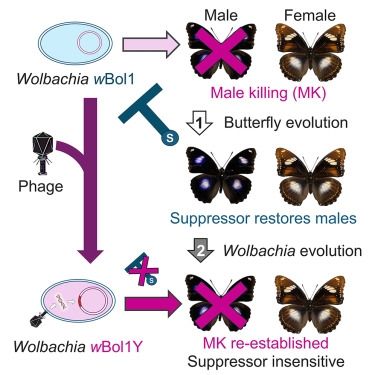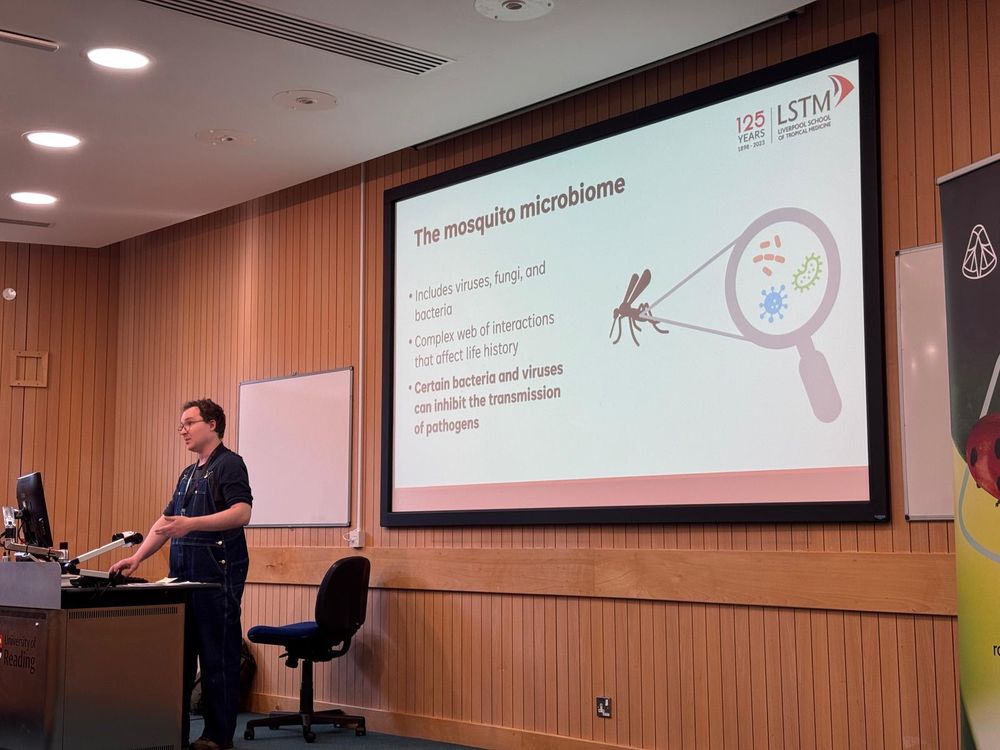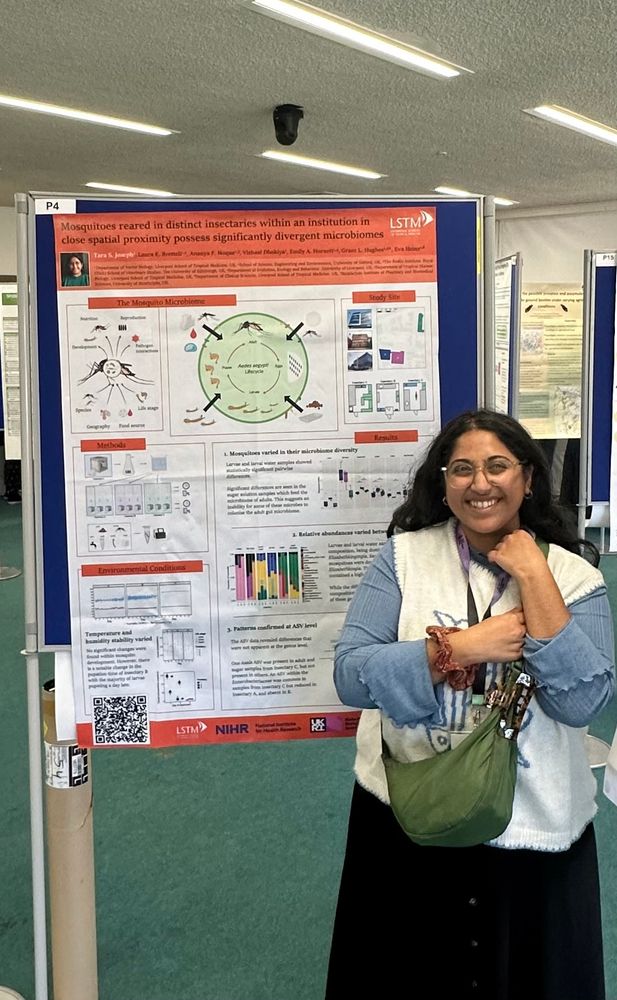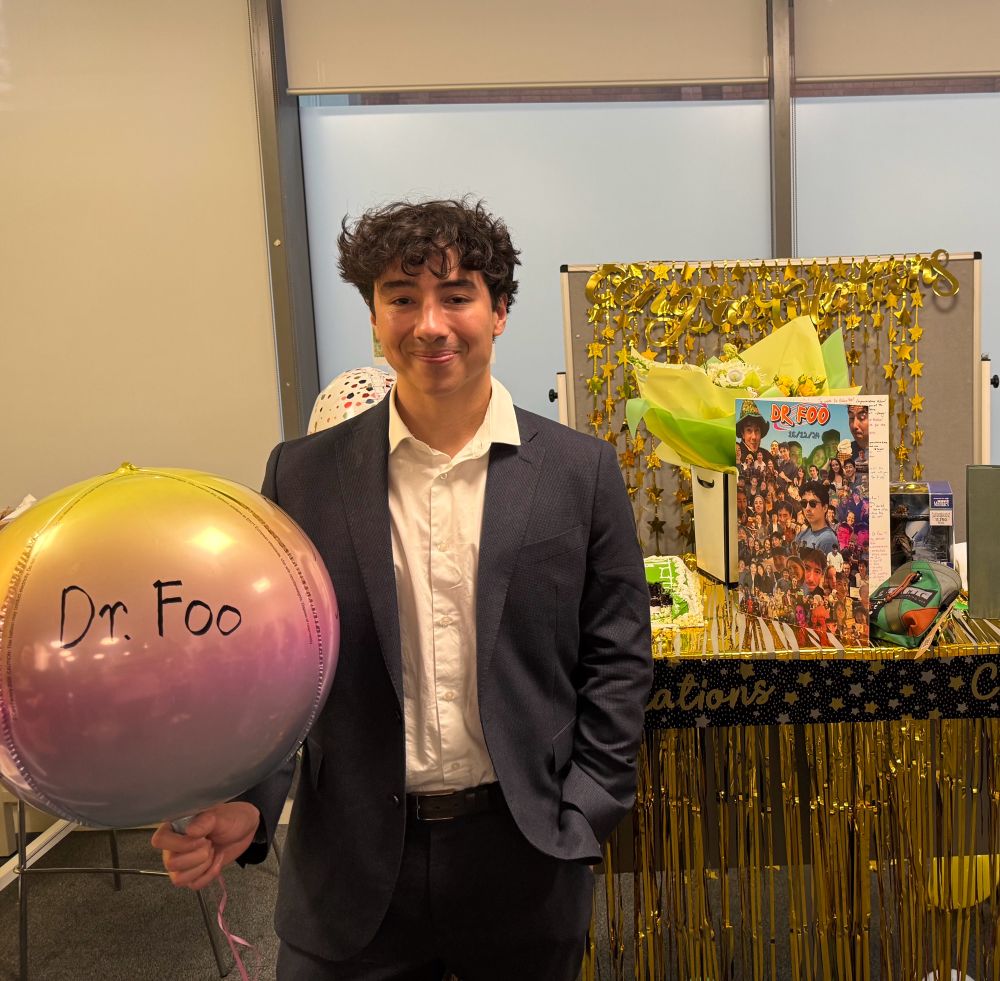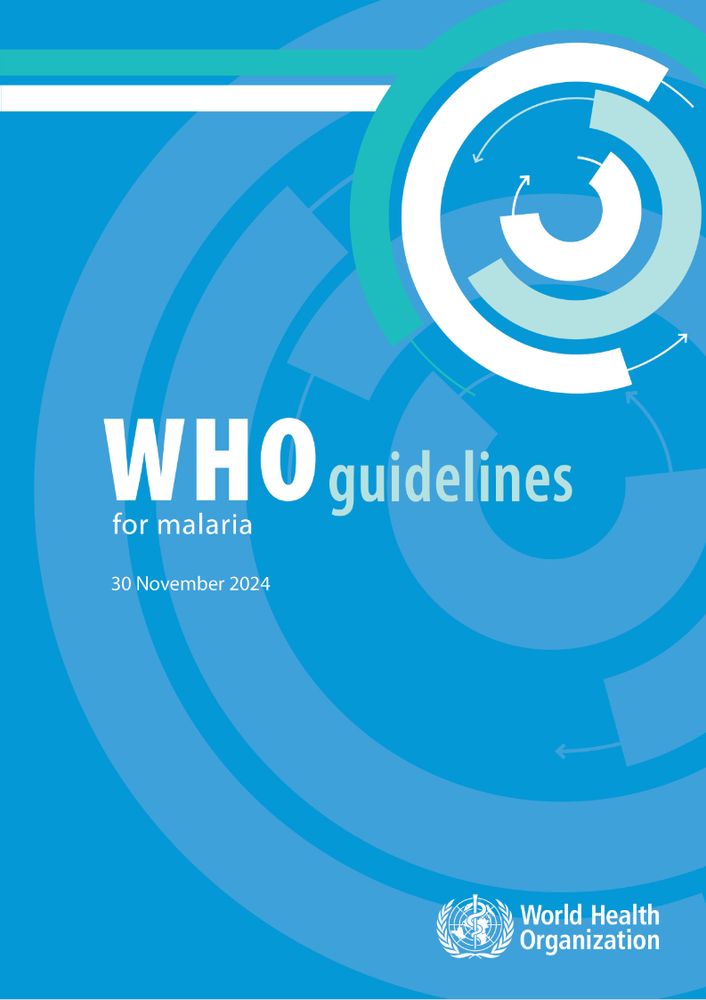Mosquito Symbiosis and Infection lab
@mossi-lab.bsky.social
1.1K followers
640 following
27 posts
Mosquitoes, Wolbachia, gut microbes, microbiomes, arboviruses, Plasmodium. Liverpool way. 🦟🦠
Posts
Media
Videos
Starter Packs
Pinned
Reposted by Mosquito Symbiosis and Infection lab
Reposted by Mosquito Symbiosis and Infection lab
Grant Hughes
@mosquitomicrobe.bsky.social
· Jun 18

Post Doctoral Research Associate in Wolbachia Biology | Liverpool School of Tropical Medicine
Ready to make a difference in vector biology research? We are looking for a dedicated and enthusiastic researcher to join an exciting BBSRC-funded project exploring the fascinating interactions betwee...
app.vacancy-filler.co.uk
Reposted by Mosquito Symbiosis and Infection lab
Grant Hughes
@mosquitomicrobe.bsky.social
· Jun 18

Post Doctoral Research Associate in Wolbachia Biology | Liverpool School of Tropical Medicine
Ready to make a difference in vector biology research? We are looking for a dedicated and enthusiastic researcher to join an exciting BBSRC-funded project exploring the fascinating interactions betwee...
app.vacancy-filler.co.uk
Reposted by Mosquito Symbiosis and Infection lab
Reposted by Mosquito Symbiosis and Infection lab
Reposted by Mosquito Symbiosis and Infection lab
Reposted by Mosquito Symbiosis and Infection lab
Luís M. Silva
@luismsilva.bsky.social
· Mar 26

Dissecting transmission to understand parasite evolution
Parasite transmission is a complex, multi-stage process that significantly impacts host–parasite dynamics. Transmission plays a key role in epidemiology and virulence evolution, where it is expected t...
dx.plos.org
Reposted by Mosquito Symbiosis and Infection lab
Reposted by Mosquito Symbiosis and Infection lab
Tillmann Lueders
@luederslab.bsky.social
· Mar 19

FEMS Summer School for Postdocs 2025 - FEMS
Menu: Introduction – Applications – Programme This has been the most valuable and enjoyable scientific event I’ve attended so far. The atmosphere was incredible, with inspiring co-directors and mentor...
fems-microbiology.org
Reposted by Mosquito Symbiosis and Infection lab
Reposted by Mosquito Symbiosis and Infection lab
Katherine Xue
@ksxue.bsky.social
· Mar 11
Reposted by Mosquito Symbiosis and Infection lab
Ellen Caroline
@ellennobre7.bsky.social
· Dec 12

Dietary Influences on the Longevity and Reproductive Success of Anopheles aquasalis in Laboratory Studies: Sucrose vs. Honey
Malaria continues to be a major public health challenge in tropical and subtropical regions. Anopheles aquasalis, a key laboratory model for malaria research, plays a critical role in the study of vec...
doi.org
Reposted by Mosquito Symbiosis and Infection lab
Reposted by Mosquito Symbiosis and Infection lab
Reposted by Mosquito Symbiosis and Infection lab
Reposted by Mosquito Symbiosis and Infection lab
Reposted by Mosquito Symbiosis and Infection lab
Eva Heinz
@evaheinz7.bsky.social
· Nov 27







